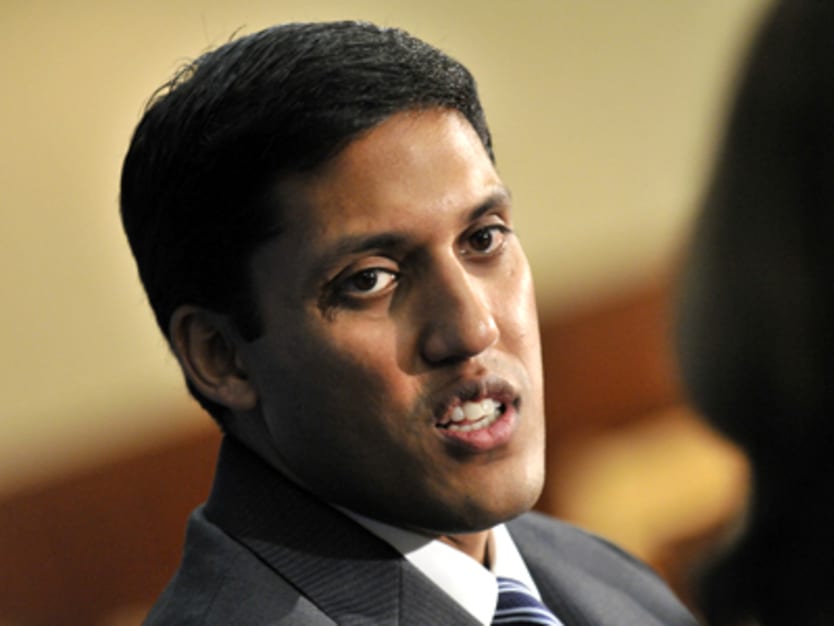
The development community appears to be divided over the strategy released by the U.S. government Friday (July 30) on the Millennium Development Goals.
Several non-governmental organizations say they welcome the plan even as they urge U.S. President Barack Obama to unveil his overall development policy. Other experts, however, are critical of the strategy.
The plan was drafted by the U.S. Agency for International Development and presented in a high-level meeting at the U.N. Foundation offices by USAID Administrator Rajiv Shah. It outlines four cornerstones, namely, innovation, sustainability, tracking of development outcomes and mutual accountability.
Oxfam GB’s research head Duncan Green observes that the document indicates how quickly USAID and Shah “won back lost political ground from other government agencies.”
“The focus on ‘building effective public sector capacity to provide basic services’ is particularly welcome – an acknowledgement of the limits of purely private provision that you don’t always hear in US aid debates,” Green says. He also commends the plan for its focus on broad-based economic growth and empowerment for women and girls.
Meanwhile, Publish What You Fund says the strategy rightly asserts the importance of transparency in achieving the MDGs. The organization lauds the U.S. for including a new framework on aid effectiveness while arguing the U.S.’s planned program on aid transparency should resemble the existing International Aid Transparency Initiative.
But not everyone is impressed with the U.S.’s strategy.
Laura Freschi of the Aid Watch blog argues that the strategy appears to be a publicity stunt intended to “create a positive image of benevolence towards the world’s poor, which is sadly unrelated to whether the goals are actually achieved.”
“We are a little confused why the US is now jumping on the MDG bandwagon when the band is starting to pack up their instruments,” Freschi writes.
Mark Leon Goldberg, writer-in-residence at the U.N. Foundation, disagrees.
“Just take a look at the National Security Strategy released this past May. That document is full of references to economic development and carves out a role development policy in US national security,” Goldberg argues in a post at the U.N. Dispatch.
He adds that, while the U.S. strategy alone would not ensure that the MDGs would be achieved across the board, the document gives the development community an insight to what the U.S. is contributing to the effort.








